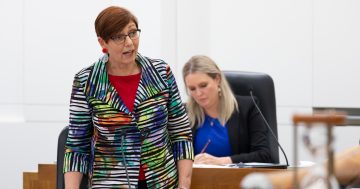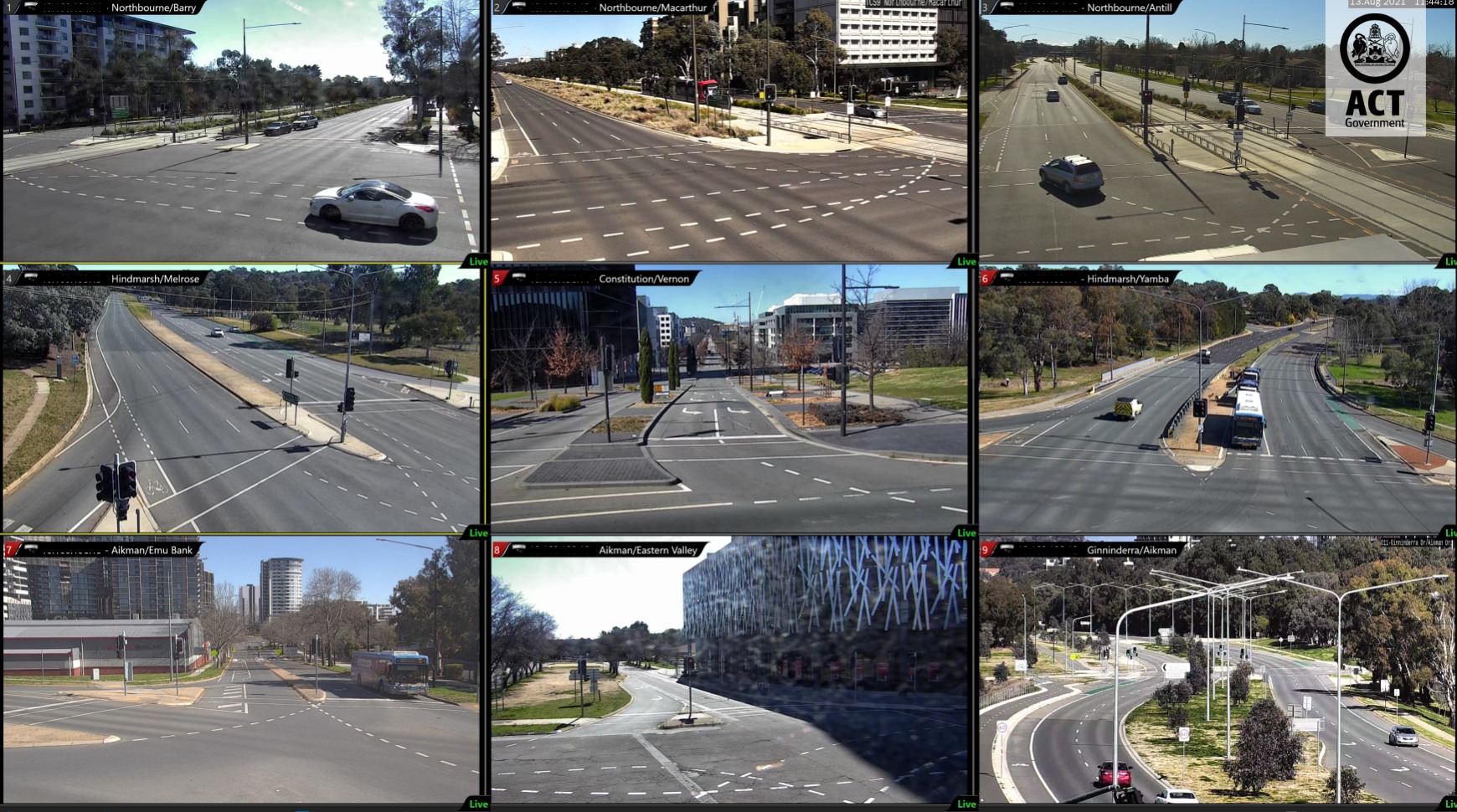
Despite an extended deadline, there’s still widespread confusion about what the My Health records will mean for you. File photo.
There’s been yet another last-minute change in the timeline for opting out of the My Health record, but it seems that many Canberrans and regional residents are still pretty confused about what they need to do and why.
You now have until January 31 to decide whether you want to to have a My Health record. Designed to enable ease of access across medical records, the plan has nevertheless been fraught with concerns over privacy and security.
Elizabeth Moss manages the digital health team for the Capital Health Network and says that after the opt-out was first announced mid-year, “People were very nervous about what it meant for them. We did a series of consumer seminars through the ACT Healthcare Consumers Association, and it seems all we’ve done for four months or more is talk to people about what options they have to manage the content.”
Moss says that after discussing which records could be uploaded and what controls patients have, most people are reassured that it’s a very limited set of documents. She believes the system can give people a level of health literacy and awareness about their own treatment that’s empowering, especially for people with complex chronic conditions who see many different healthcare providers.
But, she says, “I think there’s been a lack of any real nationwide publicity about the system and how it works. Beyond the launch in 2013, there really hasn’t been any national campaign to the public.”
Dr Emma Cunningham is the NSW president of the Rural Doctors Association of Australia and is based in Bombala. She says the concept of an easily accessible portal that could provide life-saving information is positive but agrees that the information about how My Health will work has been patchy at best.
“Anecdotally, we’re hearing that it’s quite difficult to navigate. There’s been a lack of community information about what it is and that it belongs to individuals, not their doctors or the government. The extra privacy steps have only been activated by a few people, and there’s a lack of knowledge about that too. We need to get the message out that people own their records, that they can look after them and they have control over their privacy.”
The RDAA made a submission mid-year to the government on the need for an urgent media campaign across the whole community about how the My Health record will operate. “Hopefully if there’s a delay now, there’s room for that to be done properly,” Dr Cunningham says. “We need to ensure there’s informed consent around the My Health records and a very clear outline of exactly what’s uploaded and who has access to that information.”
She’s concerned that people who don’t have computer access will have difficulties controlling their records, as will teenagers who have the right to access independent health care from the age of 14, but will still be on their parents’ Medicare cards which link to My Health records.
If you’re registered for a My Health record, you agree to allow your healthcare providers to upload health information about you on your record. You can choose to tell your healthcare provider not to upload specific information, or to remove information after it has been uploaded.
The record can also include PBS or Repatriation Pharmaceutical Benefits Scheme claims; a Medicare Benefits Schedule or Department of Veterans Affairs claims; details from the Australian Immunisation Register and from the Australian Organ Donation Register.
You can also choose to record whether you are a veteran or indigenous, and the system allows you to create privacy access codes to restrict who can see your information. Parents can control their child’s My Health records if they are listed on the same Medicare card, and you can nominate a representative to access your record.
There have already been several key changes in the Federal government’s plans as a result of widespread concerns. Under a Bill going to the Senate this week, law enforcement agencies will need a court order to access the My Health records, and if someone cancels their record, the Australian Digital Health Agency must destroy it.
Further proposals to alleviate community concerns include increased penalties for improper use; preventing access to children’s records for people with family violence orders; preventing employers from requesting or using the records; and excluding insurers from accessing the information.
If you wish to opt out, you can visit myhealthrecord.gov.au, or call 1800 723 471.
Are you confused about how the My Health records will work and what your rights are?




















